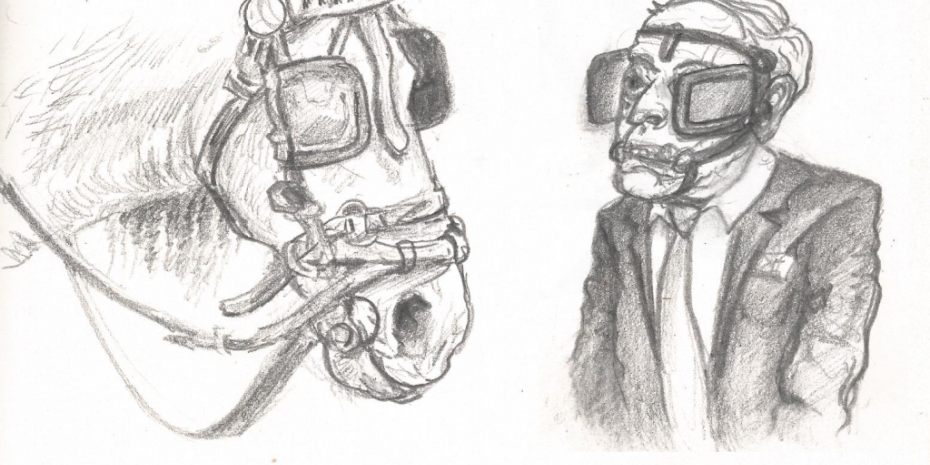On Monday, April 20th, Gulf Coast fisherfolk, residents, and artists gathered at BP's Houston headquarters to speak out about the ongoing impacts of the BP oil disaster. Advocates said fisheries and the communities that depend on them are in serious decline. “When BP says it has done right for the Gulf, they are lying,” said Thao Vu* of Biloxi, Mississippi, "Less than 18% of the health claims submitted have been approved and even fewer have actually been paid out. While BP plays games with our media and with our court system, our fishing families are sick and suffering.”

